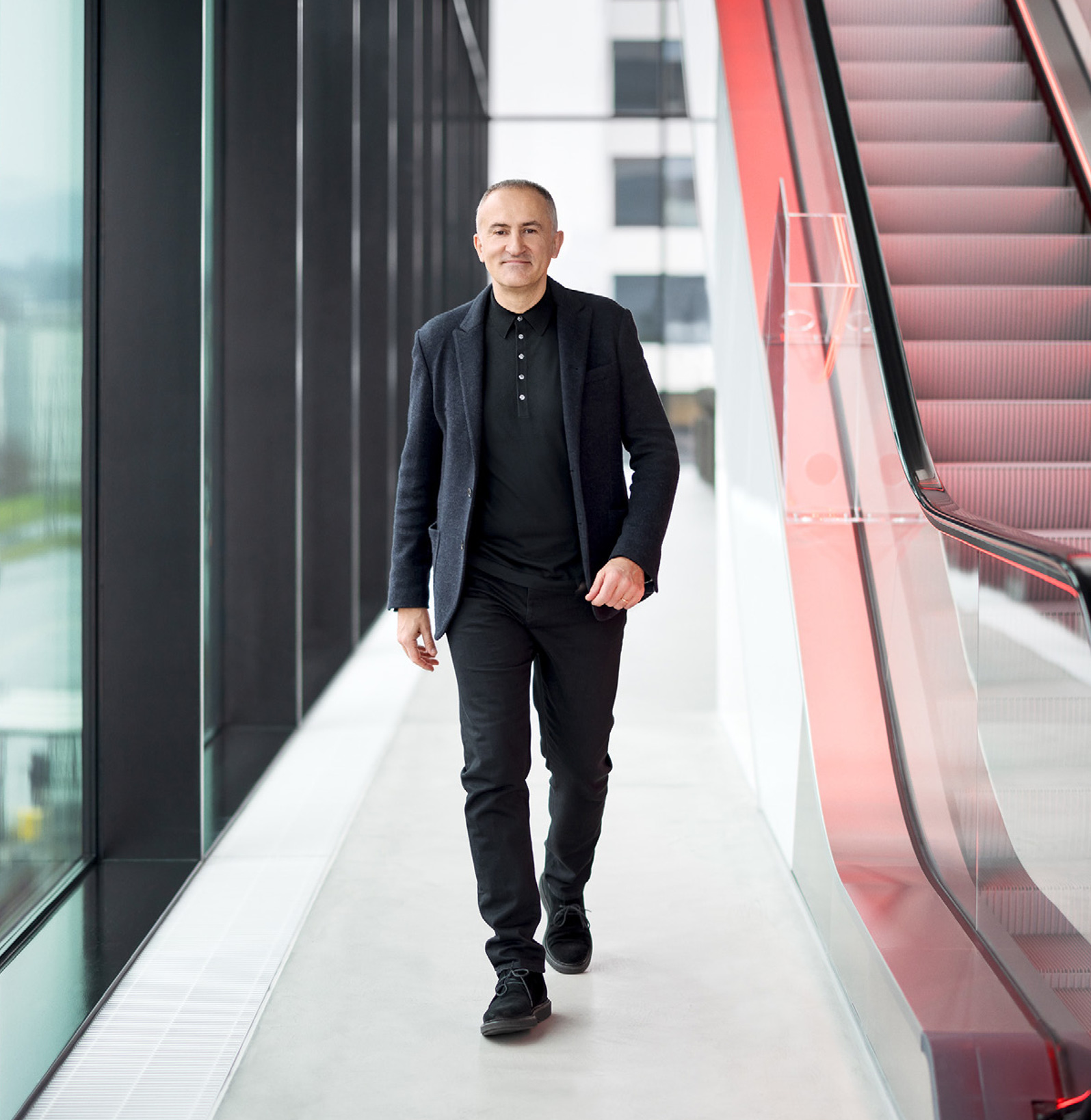Milestones
Artificial intelligence has already become an exceptional catalyst for “Doing more with less.”

“No one expects the Spanish Inquisition,” is a famous catchphrase from the British comedy show Monty Python.
As we are about to celebrate our 150th anniversary, we realize how many lessons of the past are still very relevant today. One of them is that profound change often comes unannounced. Keeping a finger on the pulse of the technology sector is the only way to avoid being caught off-guard and left behind.
Artificial intelligence (AI) is a case in point. The year 2023 will go down in history as the year generative AI changed everything by moving out of the research labs into our daily lives. While we have yet to work out all the ramifications of this technology, some are already talking about Armageddon, terrified by the prospect of machines replacing all human activities. There is no question that such a powerful tool, with such enormous potential, must be carefully managed and developed with the proper checks and balances in place. At the same time, we should remember that cries of alarm have in the past accompanied the advent of every major technological change.
The reality is that humans have so far always prevailed, systematically turning innovations into societal advances, even if sometimes in ways other than originally foreseen. In fact, the same may already be happening with generative AI, as its true benefits start to become clearer.
Contrary to traditional computing systems, generative AI and large language models (LLMs) are based on probabilities. As a result, these LLMs have shown a tendency to “hallucinate,” providing outputs that have plausibility in terms of the statistical combination of the inputs, but with little or no relation to reality.
Always having a “human in the loop” is essential to mitigate this risk. In other words, existential fears related to generative AI are still premature, as people are still very much needed to ensure these models perform adequately.
The real hurdles for realizing the full potential of generative AI are ensuring data quality and developing the ability to use it effectively.
“The year 2023 will go down in history as the year generative AI changed everything.”
Once these obstacles are overcome, generative AI is likely to be adopted at a faster pace than any other new technology – surpassing even the rapid growth of cloud computing just a few years ago. This is likely to happen thanks to the important infrastructure already in place, coupled with the advancements enabled by the latest generation of microprocessors.
Industry analysts predict that this exponential adoption will result in generative AI-related investments growing from the current decimal percentage value of GDP to more than two percent by 2032.
What this would mean in terms of new “killer apps” and innovative products is still difficult to foresee. The productivity gain potential, on the other hand, has already become apparent, championed by the same companies that brought generative AI to the market.
As anyone who has experienced working with generative AI will attest, the efficiency gains stem from the technology’s ability to automate repetitive, routine tasks. Creative skills, on the other hand, remain firmly with employees, who are now able to dedicate more of their time to things that really make a difference to their work.
This helps to explain the extensive adoption of generative AI witnessed across companies during initial trials they conducted with the technology.
Whether generative AI will be truly transformative, or just another step in the digital evolution, will start to become clearer in 2024. What is already clear is that the mantra of “Doing more with less” has suddenly found an exceptional catalyst, allowing for a slowdown in the cost buildup that has limited the scaling potential of so many businesses and industries, including ours.
At Schindler, we’ve already set out on this journey and registered the first successes in terms of process optimization, new operating processes, and software development. BuildingMinds – our “Software as a Service” start-up – leads the way with a substantial percentage of its code already produced with the help of generative AI tools.
We’ve proudly embraced this innovation as a unique opportunity, as we have done with each new technology throughout our 150-year history. That’s how a company from Central Switzerland, a region with no megacities and almost no high-rise buildings, became one of the global leaders in providing solutions to enable cities to grow vertically, safely, and sustainably.
“The task in life is simply this: to identify and separate matters so that I can say clearly to myself which are externals, and which have to do with the choices I actually control. Where then do I look for good and evil? Not to uncontrollable externals, but within myself to the choices that are my own …”
Epitectus, Discourses, 2.5.4–5
Silvio Napoli
Chairman of the Board of Directors and CEO